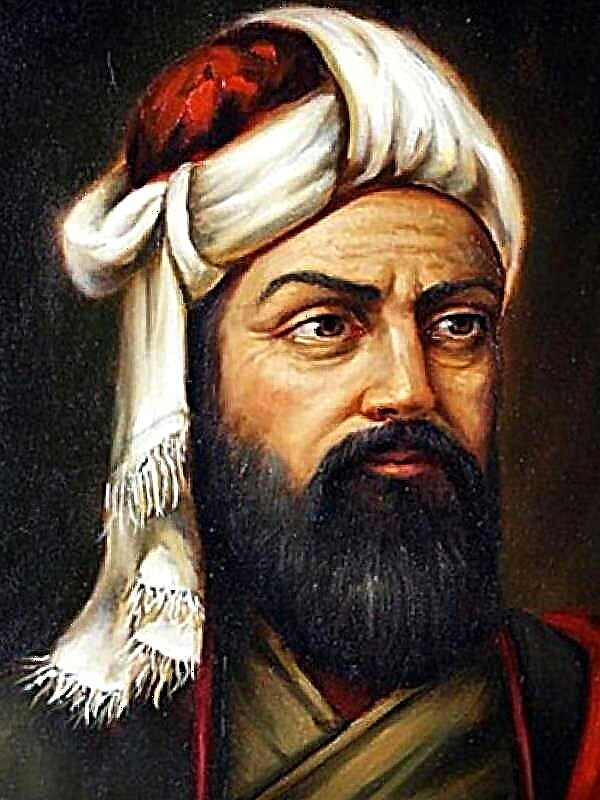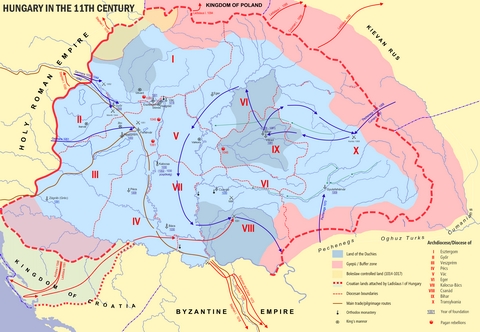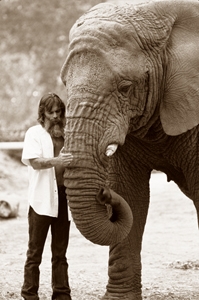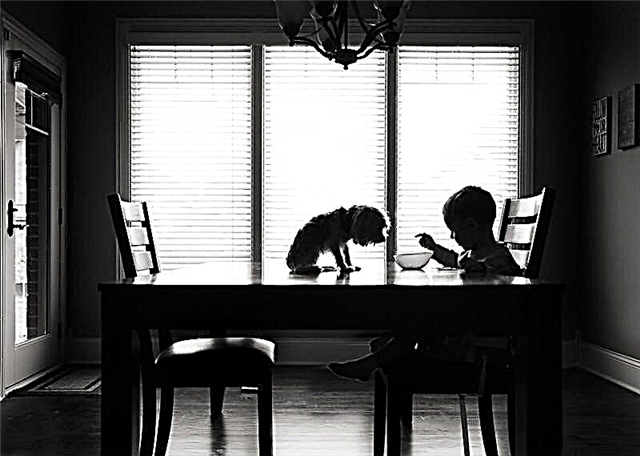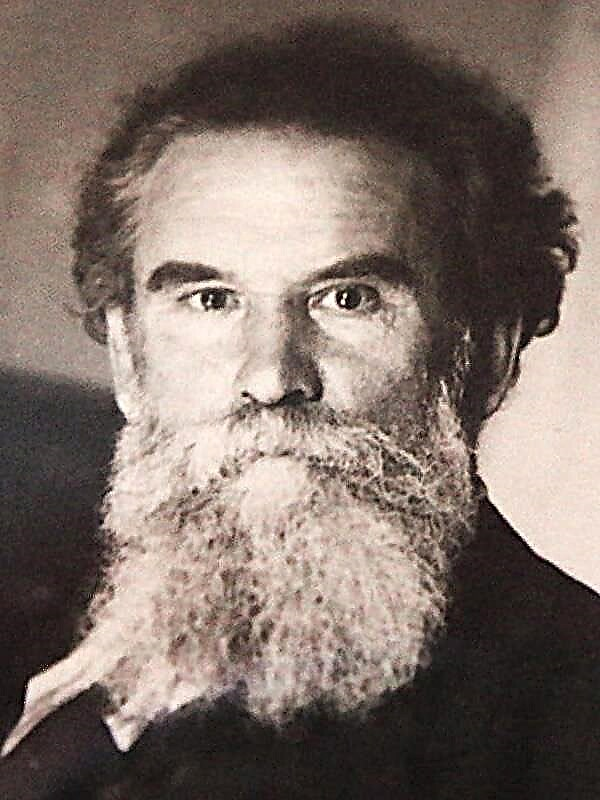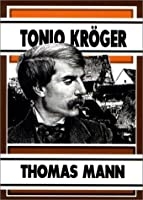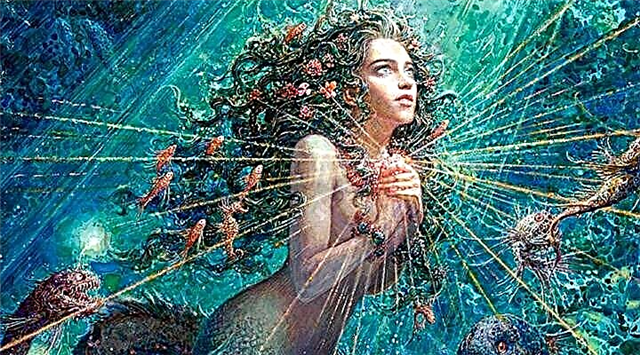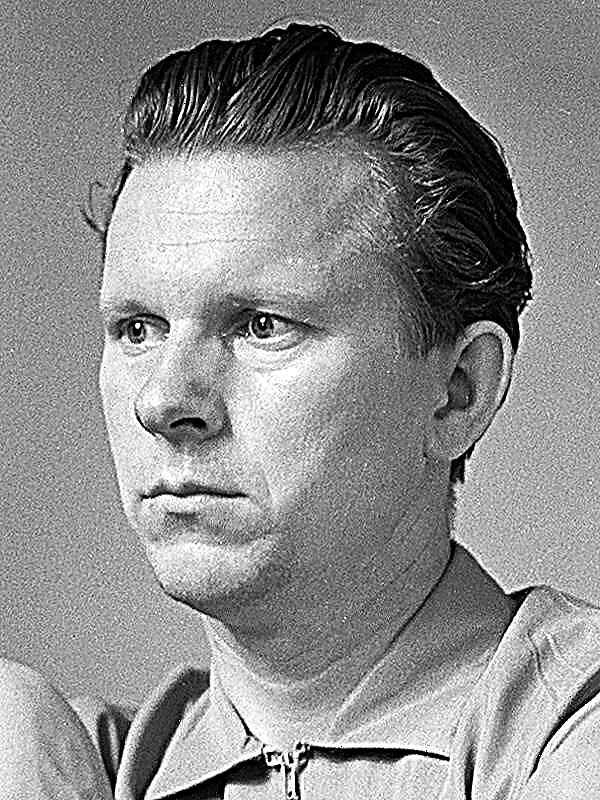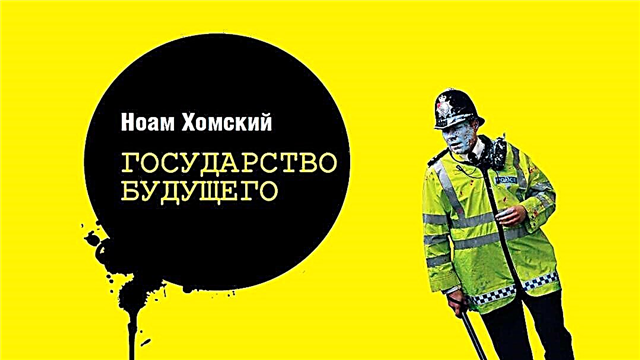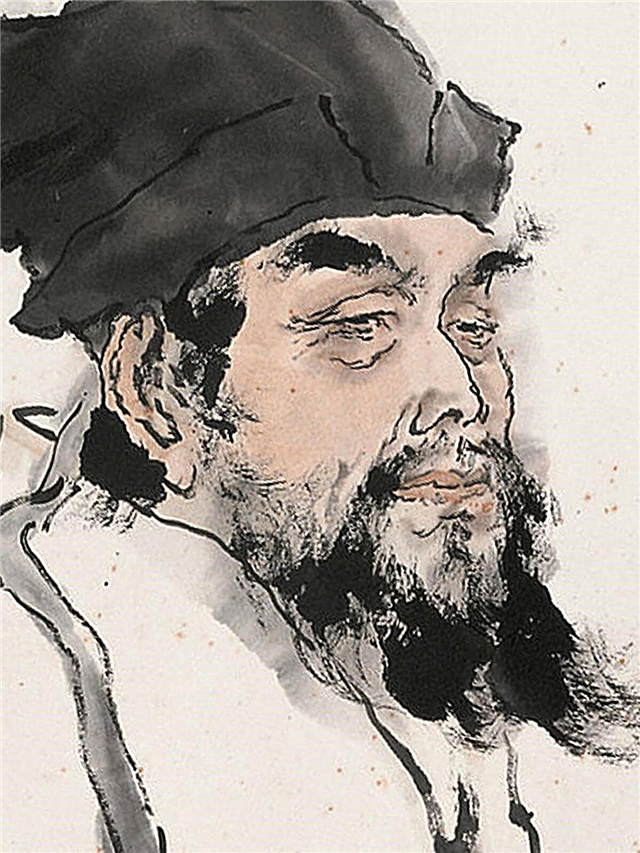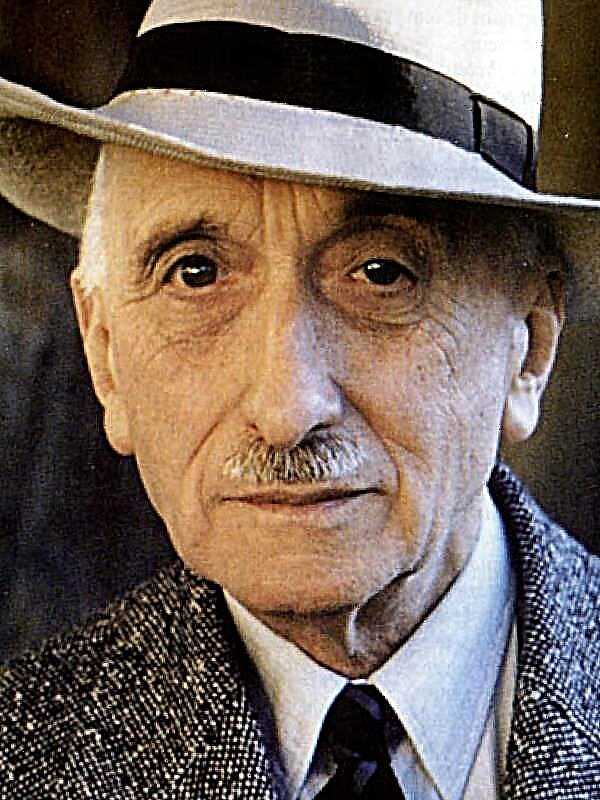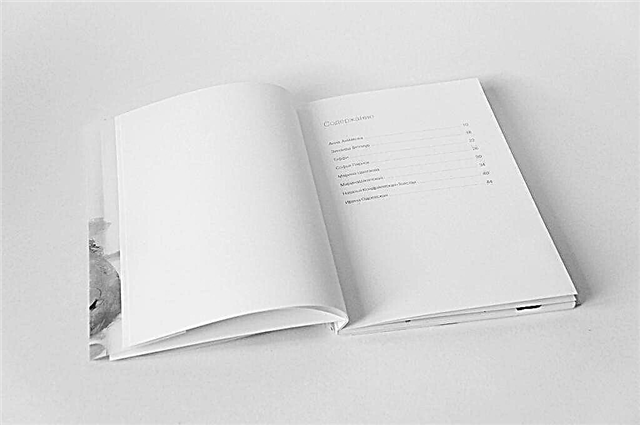The action takes place in Moscow in 1584 and begins a quarrel in the Boyar Duma: Mikhail Nagoy, brother of Tsarina Maria Fyodorovna, argues for a place with Saltykov and draws the remaining boyars into swara. Zakharyin-Yuriev, the brother of the first tsar’s wife, interrupts the debate, talking about the importance of collecting their case: John, tormented by remorse after the murder of his son, decided to take monastic rank and instructed the Duma to choose a successor. Meanwhile, "enemies are fighting Russia from all sides," in it is pestilence and famine. Prince Mstislavsky speaks of the toughness of the king in his decision. Nagoya offers the young Dmitry Tsarevich with the queen and, if necessary, the “ruler”, whom he is ready to be; Sitsky - Zakharyin, who has not stained himself with anything. Zakharyin speaks for Ivan Petrovich Shuisky, now sitting in the besieged Pskov.
However, the king is needed immediately. Zakharyin asks Godunov for advice, who did not fix up on places and who modestly sat down below. He, having described in detail the unenviable position of the state, speaks of the impossibility of changing the king at such a time and invites the boyars to ask John to remain on the throne. Sitsky, remembering the tsar’s atrocities, tries in vain to stop the boyars. They go to the tsar, deciding along the way who will be speaking, and timid sovereign anger. Godunov takes the risk. John, already dressed in a black cassock, having removed the hat of Monomakh, waits in the bedchamber for the decision of the boyars and is lamented by the recollection of the last villainy. A messenger arrives from Pskov, whom the tsar at first refers to the “new lord,” but then, hearing that the news is joyful, he hears a story about the reflection of the assaults and Batur’s retreat from Pskov. He receives a letter from Kurbsky, in which he reproaches the tsar with an awkward syllable, threatens with the speedy capture of Pskov, many of John’s atrocities call the cause of his current defeats and venomously recalls his removal from business. John is furious, for, having destroyed all of Kurbsky’s relatives, he is powerless to take his chagrin on anyone. The boyars come, whom the king meets in great irritation. After listening to a short speech by Godunov, he puts on Monomakhov’s hat, reproaching the boyars who forced him to do so, and kisses Godunov, who made bold and impudent speeches “for the good of the state”. The absence of Sitsky does not go unnoticed, and the tsar, not wanting to listen to the intercessors, orders the execution.
In Tsar’s chambers Godunov and Zakharyin await John, and Godunov says that the king, wanting to divorce the queen, woo the niece of the English queen. Outraged Zakharyin asks how Godunov tried to dissuade John, and receives the answer that he can influence John only in a roundabout way. John comes in and reports about the riot in the Polish troops near Pskov and about the expectation of an ambassador from Warsaw, sent, in his opinion, to ask for peace. He orders Zakharyin to inform the people of this message. He tells Godunov to discuss with the English ambassador the conditions for the upcoming marriage. He tries to intercede for the queen and receives an angry rebuke full of threats. Left alone, Godunov reproaches himself for the shown kindness and declines to prefer conscience to the good of the cause. In the house of Vasily Ivanovich Shuisky, the boyars Mstislavsky, Belsky and the Nagoy brothers conspire to destroy Godunov. They decide, taking advantage of the irritation of the people, to blame all the troubles on Godunov, and Shuisky offers Mikhail Bityagovsky to fulfill the plan. He undertakes to rebel the people and to incite him to kill. Belsky proposes to send Prokofy Kikin for the same. Godunov comes. The guests hastily disperse. Godunov complains to Shuisky that he is not loved in the Duma, Shuisky assures him of his disposition and support and leaves, suddenly called up by the tsar. Godunov, left alone with Bityagovsky, discovers his perfect acquaintance with his intentions and, threatening him with unprecedented executions, sends him to the same squares to persuade the people against Shuisky and Belsky, who want to “poison the king with poison”.
Meanwhile, the tsarina does not order the mother of the tsarevich to let anyone else come to him, and especially Godunov, she only trusts Nikita Romanovich Zakharyin. Zakharyin comes. The queen tells him about the rumors in the palace and asks if her suspicion is not true that the king wants to leave her with Demetrius. Zakharyin asks her to be ready for everything, the tsar not to argue and trust Godunov. John comes with Godunov and, waiting for the queen to dress up, listens to the conditions of the English ambassador and asks about the Polish who arrived after Garaburd, wondering what lands Poland promises for peace, and not wanting to listen to fears about the purpose of this embassy. The Queen who has entered, announces the impending divorce. tonsured, Dimitri promises the inheritance of the UGLICH and, after hearing the intercession of Zakharyin, threatens him with execution. In the throne chamber, John receives the Polish ambassador to Garaburda. Batur’s demands are so humiliating (to bring Smolensk, Polotsk, Novgorod and Pskov out of the Livonian regiment and give Poland to Poland) that, with a general murmur, the tsar falls into a rage and, after hearing the invitation of the Polish king to martial arts, is going to hunt his ambassador with dogs and tosses him ax. Garaburda notes that John does not know the news of the crushing of the Russian regiments on the border, the Swedes taking Narova and their joint campaign with Batur in Novgorod, and, having promised John a meeting with the king in Moscow, leaves. Godunov, who ran in, confirms all the messages of Garaburda, but the tsar orders to hang false messengers and to serve victorious prayers in all the churches.
On the square in Zamoskvorechye, the crowd is worried in front of the storehouse, indignant at the price of bread, the bailiffs taking bribes, and the fact that the king does not execute the offenders. Kikin appears, dressed as a stranger, blames Godunov and refers to God's sign, "a bloody, tailed star." He says that he saw a miracle in Kiev: the Sophia cross on fire and the voice calling for Godunov to rise. Voices in defense of Godunov are heard, voices calling to beat the defenders, and finally, the voice of Bityagovsky, who is wide open in the caftan with a deleted song on his lips. He says that Shuisky and Belsky were going to poison the king, but Godunov threw the poisoned cake to the dog. When Bityagovsky is perplexed at a wanderer who has seen a miracle, he calls him by name and says that he was sent on purpose. Grigory Godunov appears, announcing that Boris Godunov is buying up all supplies from his own treasury and will distribute them non-cash tomorrow. The people rushes to Kikin. In the royal chambers, the queen, Godunov’s sister, Irina and his wife, Maria, are looking at the comet. The king is looking at her from the porch. The wise men and wizards were brought to unravel what the comet was for. John appears and declares that he understood the sign: the comet announces his death. He asks for forgiveness from the queen and, wishing to know exactly the time of death, so as not to die without repentance, calls upon the magi. They call Kirillin day. At the request of Tsar Godunov, he reads the synodic, where his victims are listed, John supplements the list. A butler arrives from Sloboda with a message that on a winter day the palace burned down by a lightning strike. Shaken, John asks everyone for forgiveness, prays passionately and asks Fedor how he is going to rule, but Fedor asks to put someone else on the kingdom. They bring two letters: on the approach of the Khan to Moscow and the uprising around Kazan. They bring a schemnik who has lived in seclusion for thirty years. John, left alone with him, speaks of the misfortunes that befell Russia and seeks advice. The schematic calls many people who are able to withstand the enemy - they are all destroyed by the king. He speaks of a prince, but the prince is dead. Having led the schemer, John forces the boyars of Mstislavsky, Belsky, Zakharyin and Godunov to kiss the cross in that they will serve Fedor, and the fifth appoints Ivan Petrovich Shuisky if he survives near Pskov. He sends ambassadors to Lithuania to conclude peace with Batur on the most humiliating conditions, believing that after his death Batur will demand even more, and wishing with his unheard-of humiliation to atone for sins.
In Cyril, the king’s day is better. Godunov secretly calls the witches, and they say that the day is not over yet. Godunov is predicted by the royal throne, the three stars separating him from the greatness of the star and his main mysterious opponent are commemorated ("weak, but mighty - innocent, but guilty - not himself", "killed, but alive"). Dr. Jacobi arrives, answering Godunov, that the tsar must be protected from irritation, and for this Belsky called the buffoons. Godunov accepts Bityagovsky and finds out that the people are embittered against Shuisky and Belsky. Meanwhile, John examines the treasures, looking for gifts to the English queen and bride, a jester is spinning near the king, buffoons in the neighboring chambers are waiting for a sign. The next day the Tsar appoints the execution of the Magi and sends Boris to announce it to them. He is triumphant, but suspicious and prone to irritation; Having sat playing chess with Belsky, drops the king. Godunov returns and, having led the king to frenzy with meaningful silence, announces the answer of the Magi that their science is reliable and that Kirillin has not yet passed the day. In anger, John calls Godunov a traitor, accuses him of an attempt on his life, calls the executioners and falls. General confusion. The king calls the confessor, the boyars - doctors, mistakenly run buffoons. John is dying. The people in the square are shouting that the king was harassed by Shuisky and Belsky, and the bewildered Fedor entrusts explanations to Godunov. Godunov sends the boyars into exile, Mstislavsky, whom, along with Nagy, Bityagovsky accuses of trouble, the monastery, Nagih - in the UGLICH together with Tsaritsa and Demetrius. Fedor, sobbing, hugs Godunov. The people in the square praise both.

